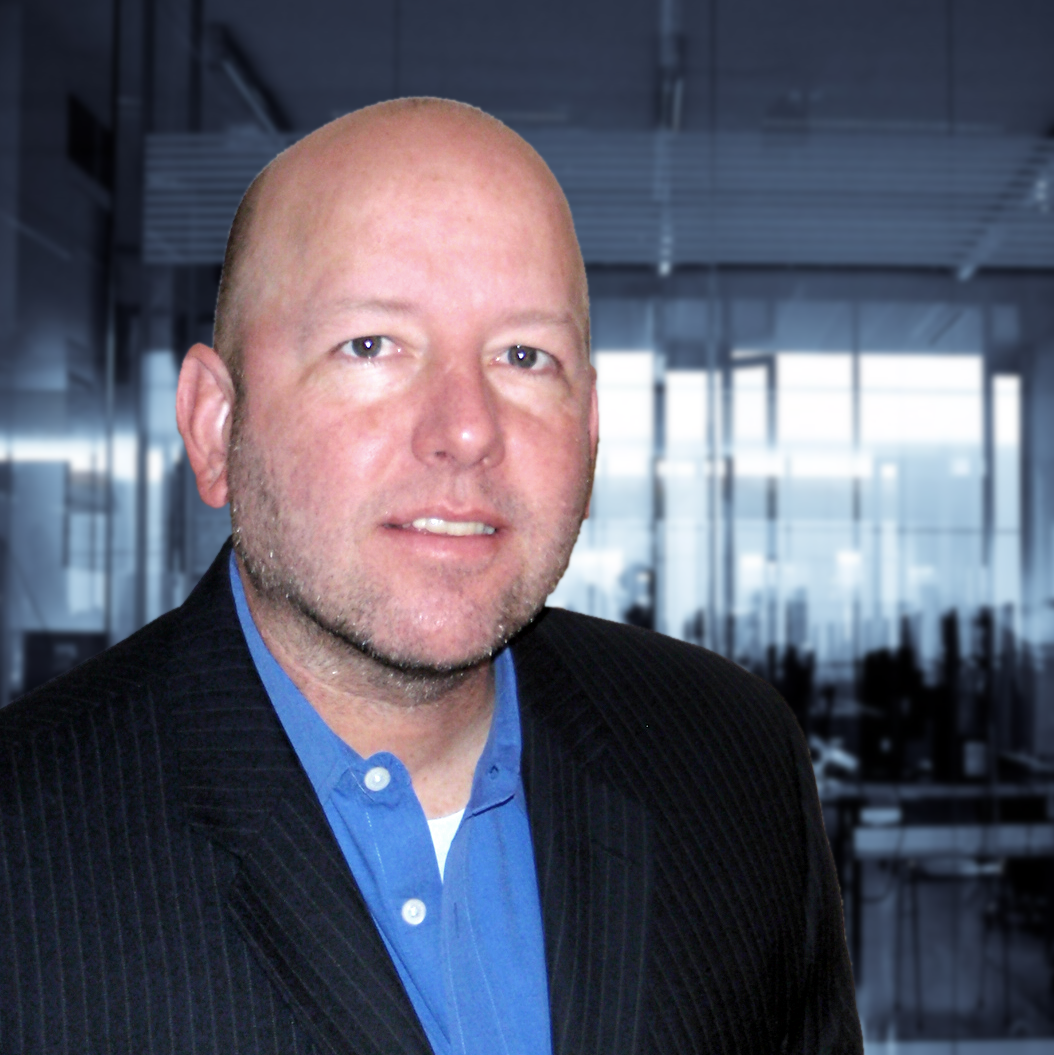
Patrick Masson (@massonpj) is currently serving as the General Manager for the Open Source Initiative after working within higher education IT for over twenty years, ranging in roles from Programmer Analyst at UCLA, to Chief Technology Officer in the University of Massachusetts' Office of the President.Patrick also teaches within the College of Computing and Information at the State University of New York at Albany on subjects related to open source software.Patrick has worked to promote the awareness and adoption of open source throughout his career, serving on the Jasig Foundation's Board of Directors, and is currently on the Apereo Foundation's Advisory Council. He is the co-founder and current chair of the EDUCAUSE Constituency Group on Openness and author of the Openness Index.

Authored Comments
Carolyn,
Nice post and great timing as the OpenEd 2013 Conference is going on this week (http://openedconference.org/2013/). Growth in both the use and creation of open educational resources (OER) has been dramatic. While the current interest (some might argue, "hype") has been fostered by the rise of the Massive Open Online Course, the use of freely available educational courses and learning objects has been around for decades (Indeed this is year 10 of the Open Ed Conference).
As growth and interests increase, I wonder what advise you might have for folks assessing open source materials in terms of modification and redistribution? While Creative Commons has a variety of popular licenses, these often only address use/reuse, but do not touch on community practice, for example, how do those who might be interested in participating (i.e. contributing new material, correcting error, providing enhancements vs. forking a new object) collaborate and influence the direction of the project/material?
I expect most folks to are just discovering open source materials are simply happy to have access to the content, and contributing to the project development might be beyond their current capacity. However as folks do invest more and more, as with any project, they will inevitably discover better methods, think of new ideas, and perhaps then want to make suggestions.
How might users become, "prosumers" (http://en.wikipedia.org/wiki/Prosumer), and do you have any suggestions for what folks might look for within a community (practices, organization, governance), beyond the material itself?
Thanks again,
Patrick